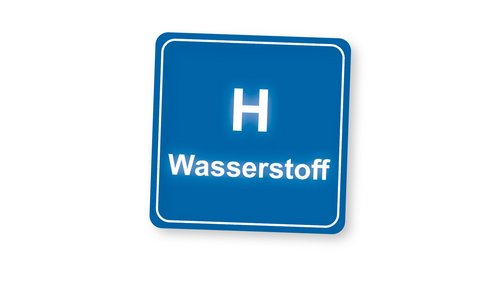Producing hydrogen from Bavarian commercial waste
New bifa study: thermochemical hydrogen production from waste

In view of the largely full utilisation of thermal waste treatment plant capacity for municipal waste, the recovery of non-recyclable commercial waste poses an additional challenge. At the same time, the energy industry faces the task of establishing hydrogen as an energy source and storage medium of the future.
In the future, the path of producing hydrogen with regenerative electricity through electrolysis will be limited by the electricity availability – even if regenerative electricity sources were to be promoted decisively. bifa has set its sights on these current challenges simultaneously in a study that has just begun. This is because hydrogen can also be obtained thermochemically – that is, at high temperatures – from organic materials. Byproducts and waste products with negative market value, for example certain commercial wastes, are the first to come into consideration. Alhough the relevant gasification technologies are known, they are not established in Germany and Europe. They have to be adapted to targeted hydrogen production.
With the study, which is sponsored by the Bavarian State Ministry of the Environment and Consumer Protection (Bayerischen Staatsministerium für Umwelt und Verbraucherschutz), bifa has set itself the goal of analysing and clarifying the potential of thermochemical hydrogen production from waste in the specific economic environment of Bavaria. What technical, economic and realisable potential exists? Which boundary conditions must be set in order to realise the potential? The system study integrates technical, economic, ecological and societal aspects. It is focussed on commercial waste. Practical orientation and realistic implementation of the results will ensure the active involvement of relevant stakeholders from industry, associations and municipalities. Here bifa is cooperating with the established environmental expertise network, KUMAS Kompetenzzentrum Umwelt e. V..
![[Translate to Englisch:] Placeholder](/fileadmin/_processed_/f/4/csm_Header_Presse_d565a61df7.jpg)